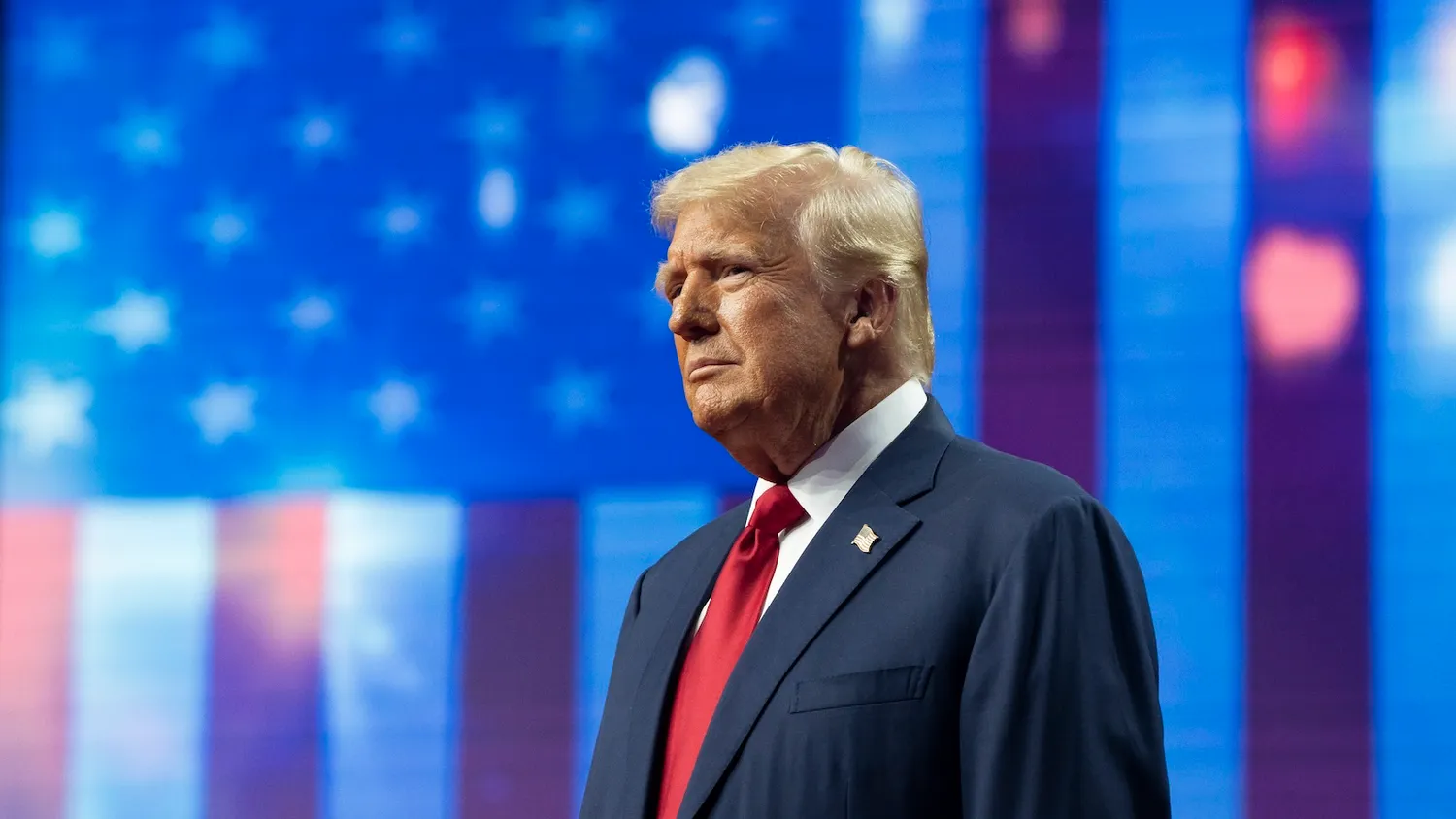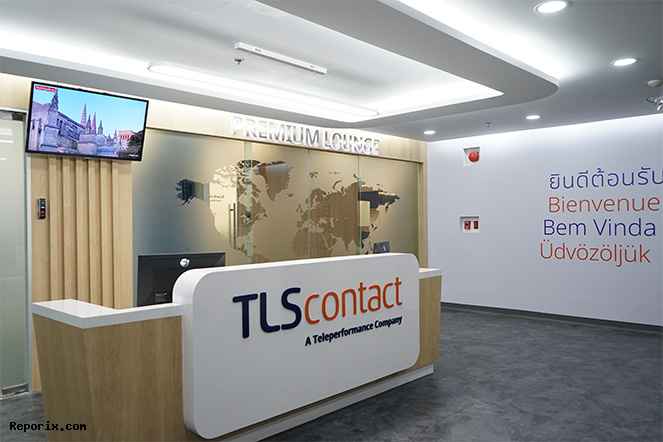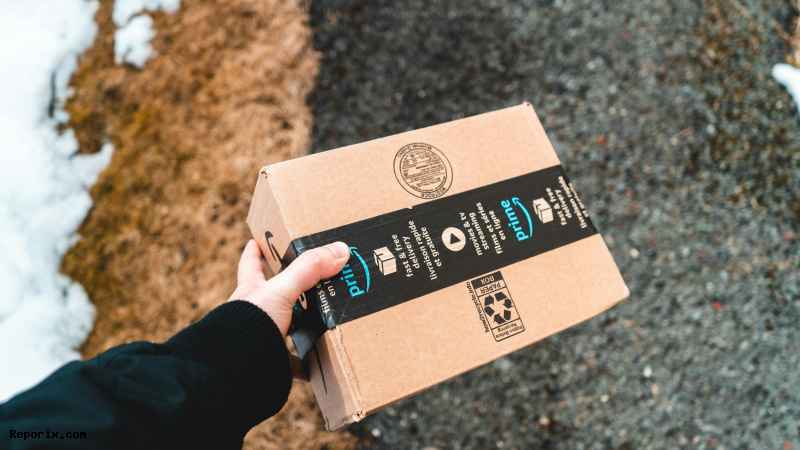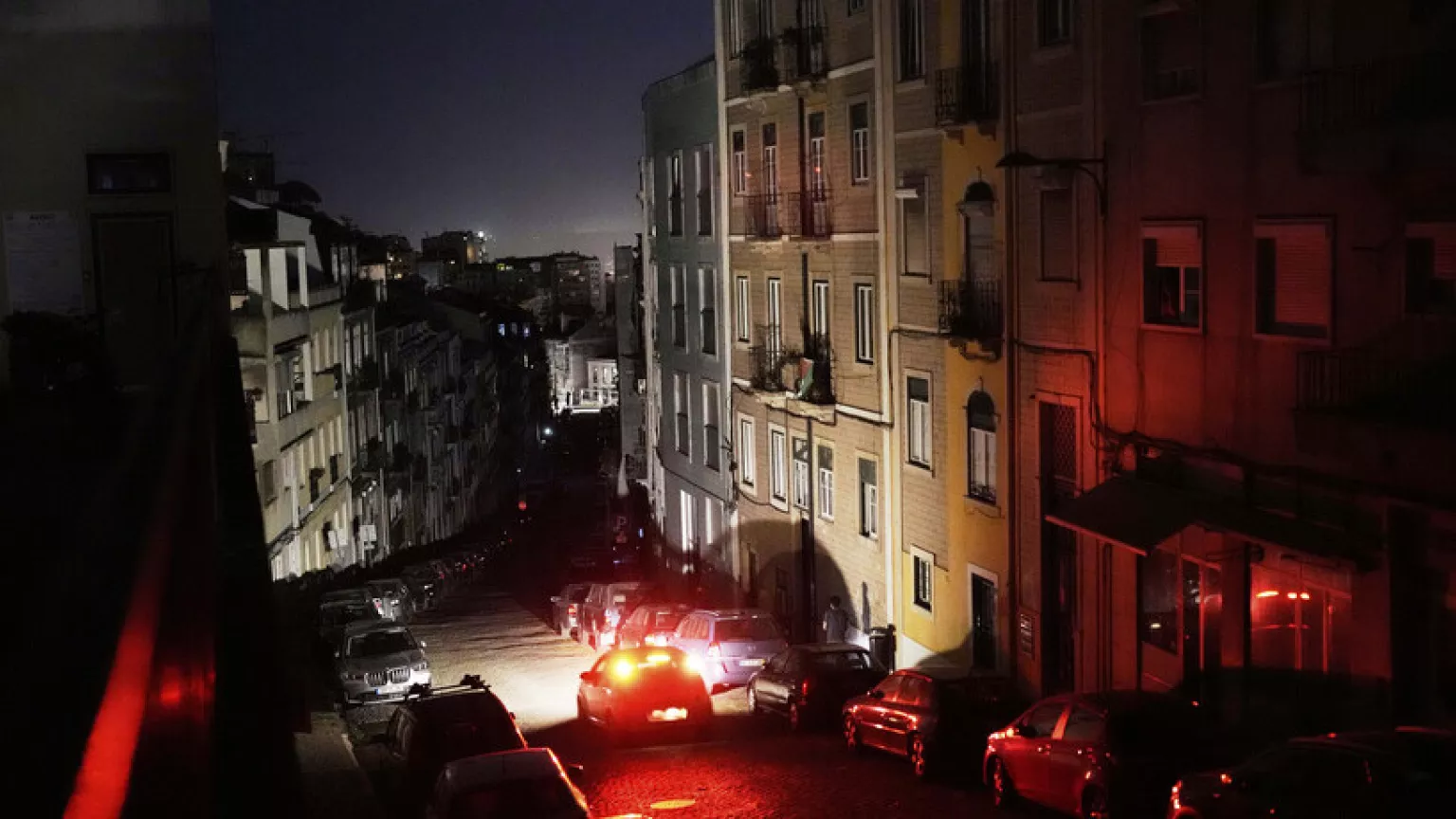In a move that has sparked global attention and stirred political discussion worldwide, former U.S. President Donald Trump arrived in Riyadh, Saudi Arabia, earlier this week for a highly anticipated visit. The trip marks Trump's first official international engagement since he announced plans to increase his involvement in foreign policy discussions and potential 2024 campaign efforts.
Trump was welcomed at King Khalid International Airport by senior Saudi officials and members of the royal family. The visit included a series of high-level meetings with Crown Prince Mohammed bin Salman (MBS), focusing on bilateral relations, regional security, energy cooperation, and economic development. According to sources close to the matter, the discussions were described as “frank, strategic, and forward-looking.”
One of the key topics was energy security. With global oil markets still facing volatility due to geopolitical tensions and climate transition policies, both Trump and Saudi leaders discussed potential frameworks for long-term stability. Trump reportedly emphasized the importance of the U.S.-Saudi energy partnership and hinted at future collaborations should he return to the White House.
Economic cooperation was also a major theme, especially regarding technology, defense, and infrastructure investment. Trump praised Saudi Arabia's Vision 2030 program, calling it "ambitious and bold" and signaling interest in U.S. companies playing a greater role in the kingdom’s ongoing transformation.
The visit comes at a time when the U.S. political landscape is heating up ahead of the 2024 presidential election. Trump's presence in Saudi Arabia has fueled speculation about his future foreign policy strategy and the influence of Gulf nations on global affairs. While no formal statements were made about campaign endorsements or political alliances, observers noted the strong optics of Trump being welcomed with state-level honors.
Critics, however, raised concerns about the implications of Trump's visit, citing human rights issues and past controversies in U.S.-Saudi relations. Activists argue that such visits risk legitimizing actions that have been globally condemned. Nevertheless, Trump brushed off criticism, stating that “open dialogue and strong partnerships are better than isolation and silence.”
The former president also met with American business leaders working in the region, attended a private economic forum in Riyadh, and gave a keynote address emphasizing peace, prosperity, and strong leadership.
As Trump departed the kingdom, he left behind headlines and debate, once again positioning himself at the center of global political attention. Whether this visit was a strategic preview of future policies or simply a show of influence remains to be seen. But one thing is clear: Donald Trump’s presence on the world stage is far from over.




